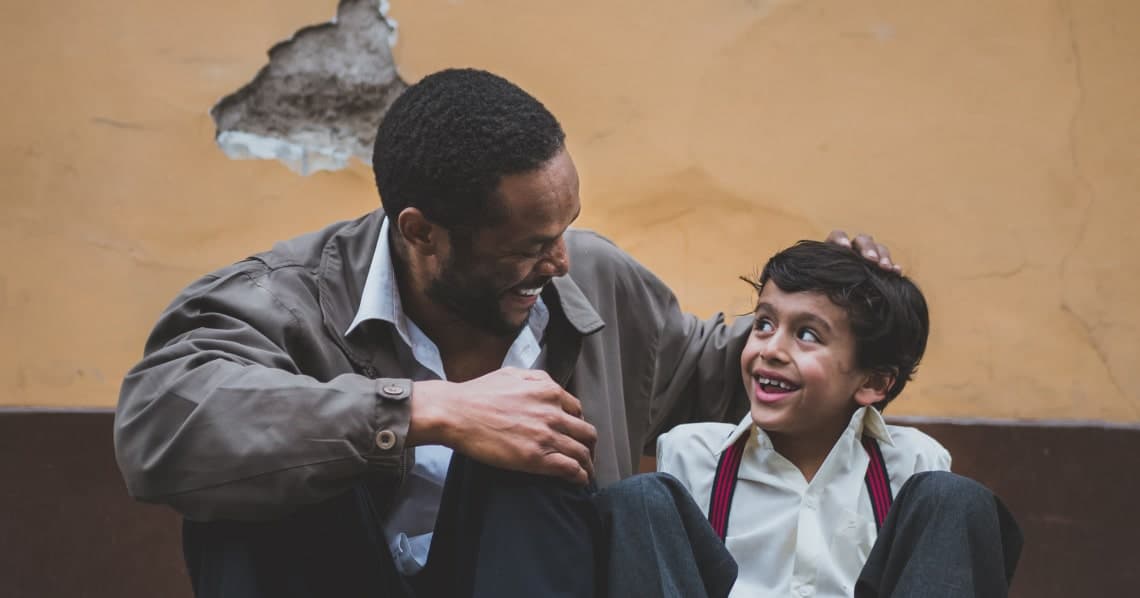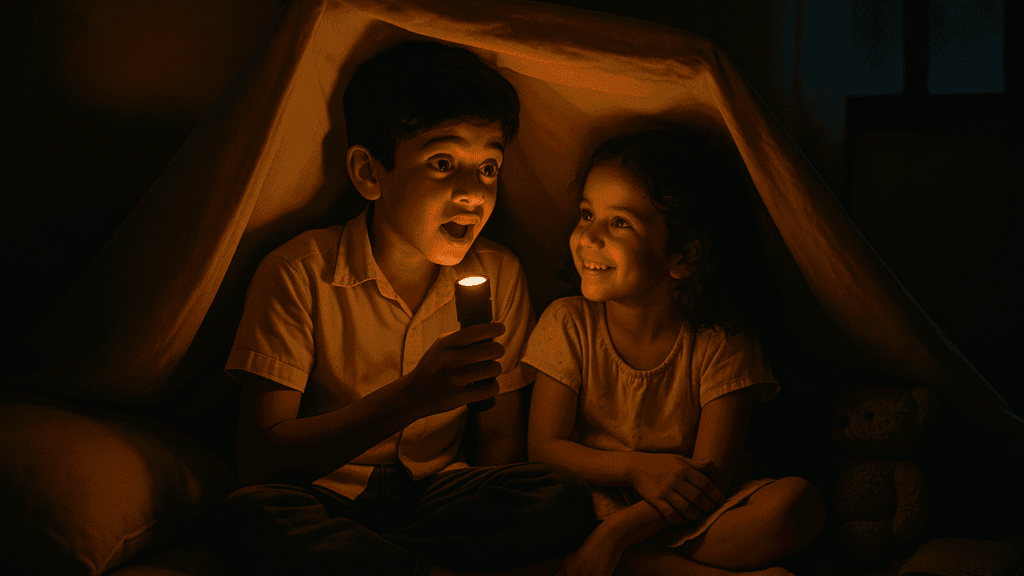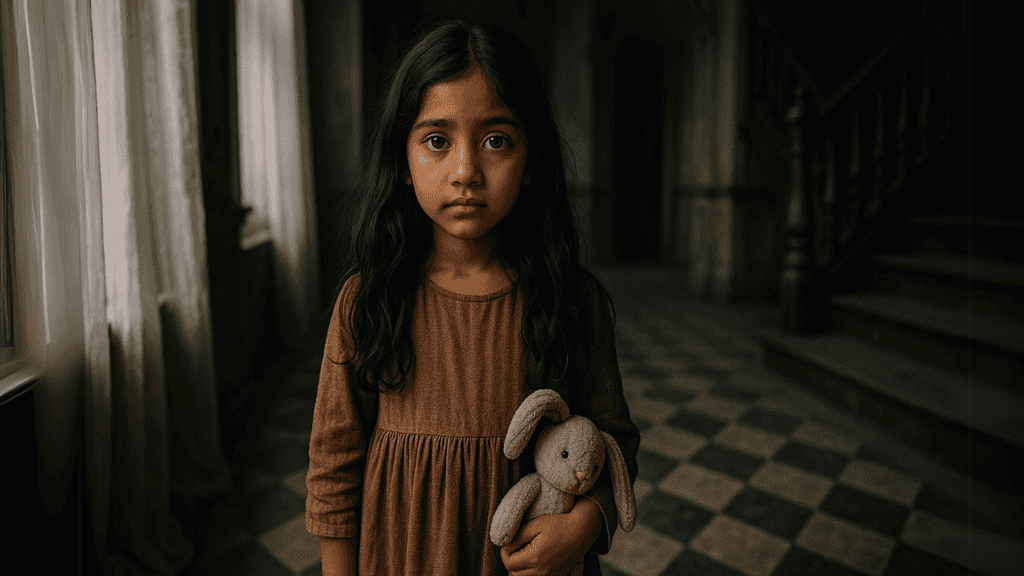Something I heard growing up quite often was that I should listen to my educators, parents, and elders. And it is a common expectation most parents have for their children, which is normal and completely understandable. However, In a world where everyone tells us that we should listen better, surprisingly, none teaches us how to listen or communicate effectively in general. Especially when it comes to children and adolescents.
Growing up with social anxiety from a young age, communication was a challenge for me. Most of the time, I felt confused and was afraid to express my thoughts and feelings verbally because I was fighting mental and emotional battles. However, my behavior in day-to-day life was screaming for help!
As a child, I often cried, saying I didn’t want to go to school, so I came up with excuses. The most common one was, “my stomach is hurting”… Guess what? I wasn’t lying when I said my stomach hurt. Now, as a Child/Adolescent Development Specialist, when I look back, I see that most days, I felt extremely nervous going to school because I couldn’t handle the overwhelming amount of information, pressure, expectations, social interactions, friends, etc. But I was too young to know that I WAS ANXIOUS! So, for me, it felt like there was a stabbing pain in my stomach. This continued for many years, and as a result of suppressing my emotional and mental needs for a long time, I was first diagnosed with clinical depression at the age of 16.
Did you know that according to the World Health Organization (WHO), globally, it is estimated that 1 in 7 (14%) 10-19 year-olds experience mental health conditions(1)? Yet, these remain largely unrecognized and untreated.
Scary, isn’t it? Because anyone’s child could be going through that right this minute!
One of the reasons for this unawareness is poor communication in families. I have also encountered that most parents are unable to maintain a healthy relationship with their children in a way that children feel comfortable opening up to their parents.
Let’s have a closer look at a common situation. Here is the case of 15 years old Javiar, who is overwhelmed by his emotions and unable to express that to his parents.
A pop-up message on Javiar’s mobile phone at nine in the morning makes him rush towards it with extreme curiosity. Somehow, Lorena, his mother, sees the message and makes her confused, uncomfortable, and angry. As Lorena looks at her son’s mobile phone one more time, she asks him with a heightened voice,
“WHAT. IS. THIS?! How can you talk bad about your family to strangers you meet online?”
Lorena loses her temper, and she feels helpless. It was a question that Javiar asked on Quora that created this tension.
And the question goes,
“I am a 15-year-old boy and feel very uncomfortable when my grandparents visit us. What should I do?”
While we wouldn’t know why he felt uncomfortable around his grandparents, we can clearly see that there definitely is a problem that requires urgent attention instead of rejection, judgment, and criticism. Don’t forget, if we are not there for them, they will find replacements such as the internet, peers, or anyone who makes them feel heard to share their needs.
What did you observe here? I invite you to take a few minutes and reflect if you wish to; what do you see in this situation?
Wasn’t Javiar allowed to feel what he felt?
Why did he choose to go to the internet to ask SUCH A CONCERNING QUESTION instead of going to his parents?
What must have been the responses he received from the strangers online?
How must he have felt when his mom found out and yelled at him?
Often, we forget communication works both ways. It includes different elements such as speaking, listening, observing, understanding, processing, etc. However, have you been in social gatherings where everyone has something to say while none is willing to listen? Have you noticed that some people speak at you rather than speak with you? Are you familiar with people yelling at children (even in front of others) instead of conversing?
Communication is one of the most common human expressions. In order for us to do anything, we need to be able to communicate first. But communication is not limited to just words. Our behavior, body language, and emotions say a lot about what we want to express.
Often, children communicate through their behavior. If a child has a behavioral issue, this could indicate a much larger unaddressed issue. The behavior is only a symptom. Children are constantly communicating, perhaps even screaming for help. The question is, are we listening? Do we know how to intentionally communicate so that we can hear what they are not saying?
While I could give 100s of tips and tricks on communicating effectively, we need to remember that no amount of ‘doing’ will resolve this significant issue. It’s how intentional we are with our children when we communicate that will make a difference.
What do I mean by that…?
To be intentional is to be fully present in the task at hand. Agree? So, it’s our presence in our communication with children that would make a real impact.
Let’s answer a few questions,
- Are we aware of the communication abilities and styles of our children?
- Do we emphatically inquire or integrate?
- Do we use communication as a weapon to make our children feel guilty and shameful?
- Do we want our children to give us the answer we are expecting?
- Are we genuinely interested in listening to our children? Do we show that we are interested?
- Do we only listen to what we want to listen to?
- Can we leave the judgments, assumptions, criticism, and lecturing behind when we communicate with our children?
- Are we aware of the emotional state of the child? How about yours?
- Does our communication style reflect curiosity, empathy, compassion, LOVE, and respect?
If we want our children to share their real needs, we must create a safe environment for them to freely and openly ‘express’. They need to feel heard, validated, and understood. They are designing their communication style that will last for the rest of their lives, impacting every move they make in life, every life decision they take, every relationship they build, and so on. And they are doing it by observing us.
Communication truly is a Golden Thread that connects us with a child’s heart and soul. And it is a tool that we can master and use to unlock maximum potential. That’s why a simple act of “Intentional communication” can go a long way…
I hope this sharing will help you enhance your communication style with your children. We are all different, and we have unique ways of communicating. Please feel free to enlighten me with your insight.
Until next time…












